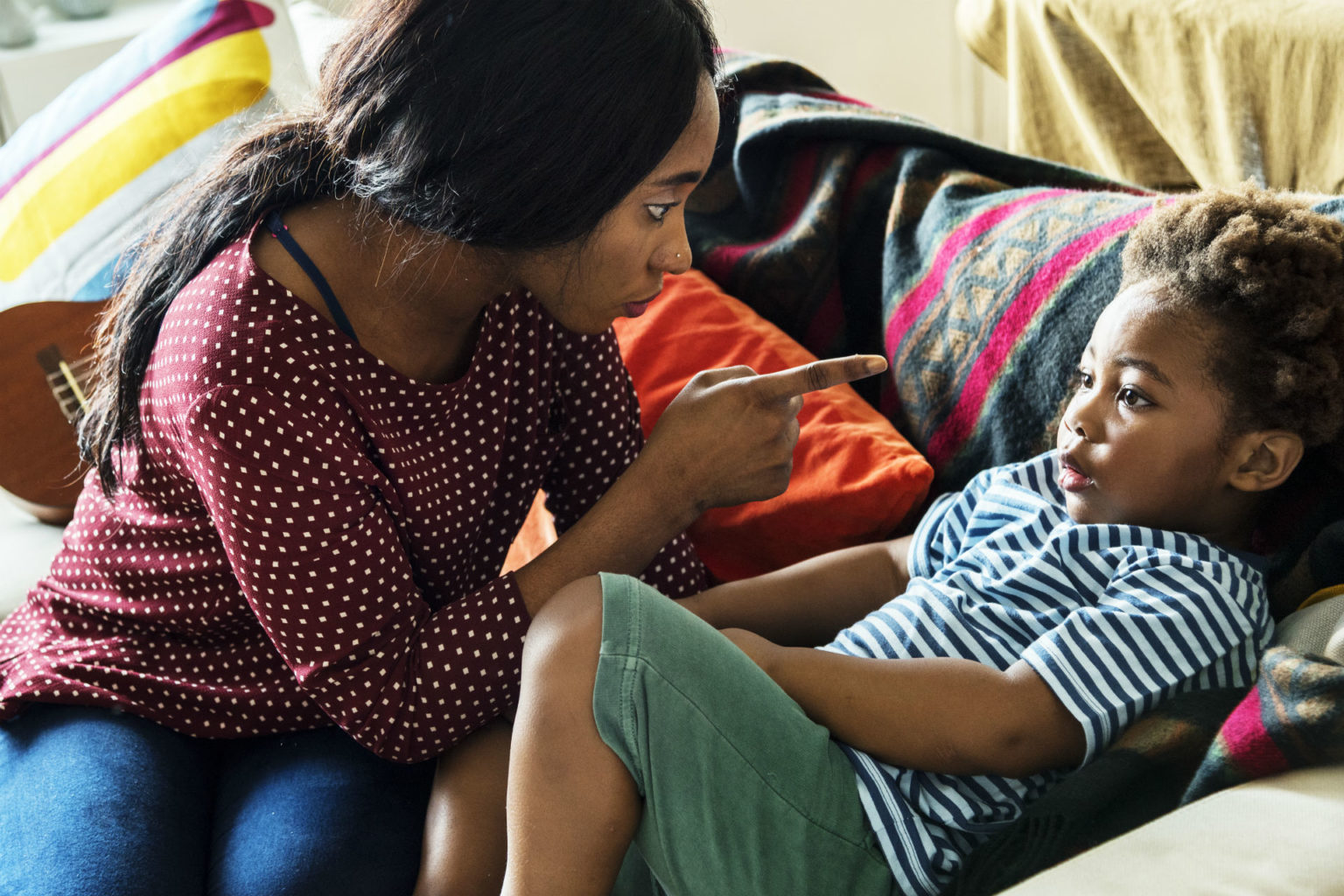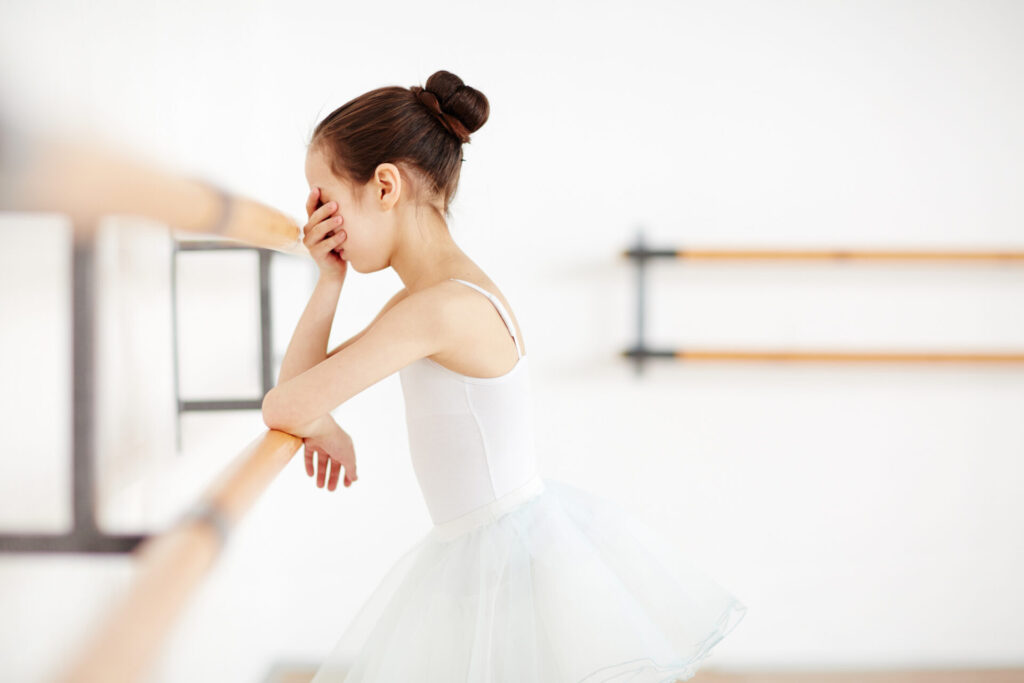When things get rowdy, do you step in to discipline other people's kids? Or do you feel it's stepping on toes to add your two cents? We asked two parents to weigh in on the subject.
NO, you shouldn't discipline other people's kids by Beatrice Ekwa-Ekoko
The African adage “It takes a village to raise a child” is true. But does that village include random people the grocery store who feel free to discipline and correct a child they don’t know?
I had to ask myself this question when, during a bus ride to the mall, we passengers were subjected to a display of terrible behaviour from a five-year-old: He was screaming at his mother, demanding candy and then, upon receiving it, threw it on the floor. When the mom picked it up, her son demanded more and she gave it to him!
I bit my tongue hard. Although I wanted to tell the child off (and the mother for being such a pushover), it was not my place to do so.
Why? I had no idea how the parent will react—she might have been offended, taking my interference as an affront to her child or her parenting skills, or she might have freaked out on me, not unlike her kid had moments below. As well, the child needed help and support— my correcting him won’t give him the skills he needs to deal with his frustration.
Unless a child is actively harming themselves or someone else, a parent is the one responsible for correcting the behaviour.
I will, however, correct a child if the child’s parent is not around. I will try connecting emotionally with the child, then firmly make it clear that their actions are not acceptable.
YES you should discipline other people's kids by Lisa Bendall
If your child was throwing sand or grabbing toys, you wouldn’t hesitate to stop her. Disciplining someone else’s kid, however, is tricky territory. It takes judgment and tact. But I’m certainly prepared to help other people’s kids control their own behaviour, particularly if they might otherwise cause harm or damage property. While I’d hope for the parents to deal with the situation, they’re not always present—or inclined—to step in.
It’s not about harsh punishment, or even scolding, necessarily. Often, kids just need a distraction in order to stop stomping on the flowerbeds. Alternatively, I might explain the consequences: “My daughter won’t want to play with you if she’s getting sand in her eyes.” Or I could take the focus off the behaviour: “I’m going to put this vase away for now because it’s breakable,” or, “In this house, we use the couch for sitting only.”
Being non-confrontational means I’m not in an unpleasant showdown with someone else’s kid. It also avoids putting the other parent on the defensive. As we all know, it can feel like an indictment when someone else corrects our child. When another adult told my daughter where she should have placed her cutlery after finishing her meal, I felt the knife-sharp accusation of shoddy parental table-manner tutelage cutting through me.
If the child’s behaviour is merely obnoxious but not harmful, I’m inclined to let it go. It’s none of my business if your kid doesn’t say please, or screams “Fat bum! Fat bum!” in an endless loop. But if their misbehaviour can have an impact on others, it’s better to preempt any problems.
Originally published in ParentsCanada magazine, Nov/Dec 2016.










